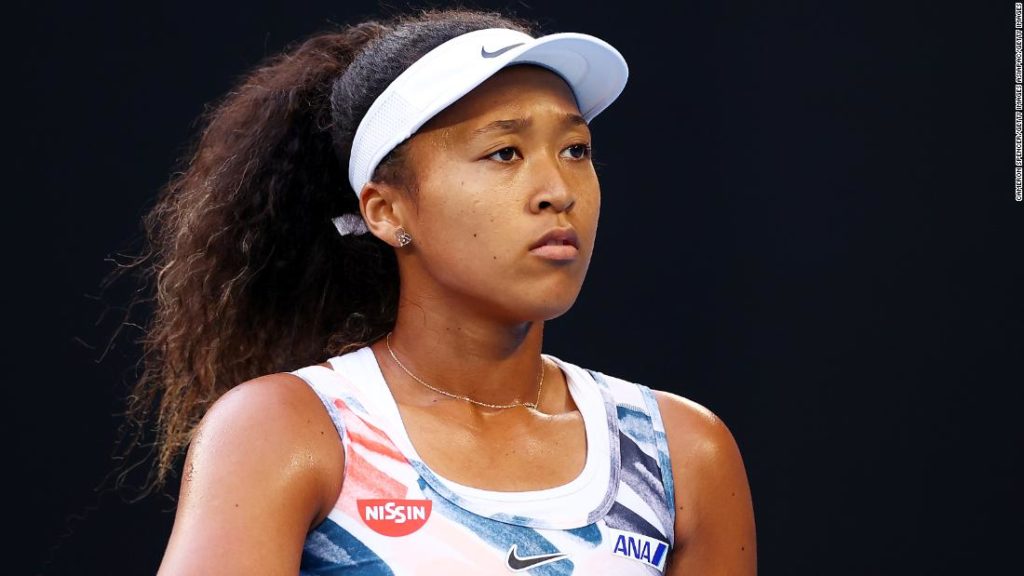by Bob Stockon
@BobStockton10
Off the back of the French Open with a huge win by Novak Djokovic, the biggest story to come from the event wasn’t around who won but instead what had happened in the early stages of the tournament. After winning her first-round match, 23-year-old and four-time major winner Naomi Osaka withdrew from the tournament before the second round of play – it’s a story that gained a lot of global attention as the reason cited had been to preserve her own mental health by not participating in mandatory press conferences due to anxiety and other reasons whilst also stating she’d be willing to pay the “considerable amount I get fined for this.” It wasn’t just the $15,000 fine that was surprising to many fans, however, but also the other penalties which could include further fines and future suspensions from other events – although in a spot of good form it seems the next big event of Wimbledon have left the doors wide open, reportedly reaching out to Osaka and her team insisting that they hope to welcome the young player. Being so highly ranked she would certainly be one of the betting favourites for those looking to take advantage of Betfred promo codes 2021 for Wimbledon, but with uncertainty around whether or not Osaka will take part it’s a bit of a waiting game.
It isn’t the first time that the French Open organisers, the French Tennis Federation, have come under fire following disagreements with Serena Williams back in 2018 regarding attire which already puts a bit of a black mark on the organising body – but both this 2018 disagreement and now the ongoing media conversation, could Osaka be key for changing the way tennis media and tournament organisers approach the games? There has been a lot of criticism around sports media and journalism as a whole in recent years for the attention-grabbing headlines and seemingly trapping athletes into nonsense questions, with stars from other sports like F1’s Lewis Hamilton reaching out and giving support, it’s clear that it isn’t just the one sport that’s the problem.
With mental health being such a huge priority for athletes today, Osaka’s withdrawal raises the question – if attending the press conferences are particularly damaging to mental health and provide no substance as they’re often rife with speculation and personal attacks, what’s the point in attending? With Wimbledon and the US Open still to come to round out the Grand Slam tour and the Olympics sandwiched between, there’s certainly an opportunity for change to be found and a lesson to be learned too, and Osaka could be a catalyst in pushing for change in tennis media from the back of this and the huge wave of support received.

